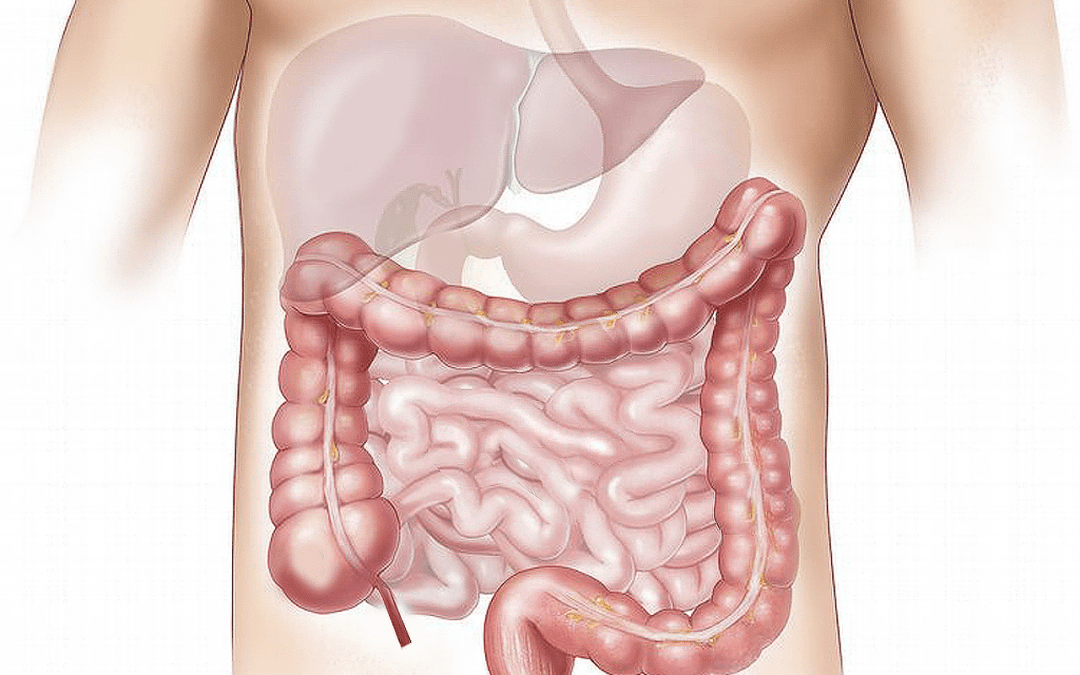Colorectal cancer is the fourth most common cause of cancer-related deaths worldwide. There seems to be a J-shaped relation between alcohol consumption and the development of colorectal cancer: heavy alcohol consumption increases the risk, but moderate alcohol consumption might cause a slight decrease1,2. But what about the effect on cancer survival? According to a recent meta-analysis3, published in Cancer Epidemiology, Biomarkers & Prevention, moderate alcohol consumption might also be associated with an increased survival chance.
What is already known? There is still little known about the role of alcohol (and other lifestyle factors) on the survival after cancer diagnosis, as most studies focus on cancer development. But according to a previous meta-analysis with gastrointestinal cancer patients, light to moderate alcohol consumption seems related to improved survival of colorectal cancer4,5.
What does this study add? This meta-analysis focusses solely on the survival of colorectal cancer patients.
This meta-analysis includes 12 prospective studies, with close to 33.000 colorectal cancer patients.
Pre-diagnostic drinking
Compared to non-drinkers, drinking less than one alcoholic consumption a day (<12.5 gram) before cancer diagnosis, is associated with a 13% decreased risk of dying. For moderate alcohol consumption (between one to three drinks a day) there seems to be a small decreased risk as well, but the effect is non-significant. No association was found for heavy alcohol consumption.
Post-diagnostic drinking
Only three studies reported on post-diagnostic alcohol consumption and mortality. As with pre-diagnostic drinking, light and moderate alcohol consumption seems to be associated with an increased chance of survival, but this effect was not significant.
Wine, beer, spirits
Looking at the difference between wine, beer and spirits consumption, only wine consumption is significantly associated with an increased survival chance. For every glass of wine a day (10 grams alcohol), there is an 8% decreased risk of mortality. Why this was not the case for beer and spirits consumption, is not studied.
Interpretation
Unfortunately, only half of the studies that are included took the sick-quitters (people who stopped drinking due to health reasons) into account, which could lead to an overestimation of the positive effect of alcohol. The results should be interpreted with caution. To quote the authors: “the results should not be taken to suggest non-drinkers begin drinking after diagnosis but indicates that colorectal cancer patients may not need to abstain from light drinking.”
Strengths
- First dose-response meta-analysis for pre-diagnostic alcohol consumption and survival among colorectal cancer patients
- Sub-analysis performed for type of alcohol
- Several confounders taken into account: BMI, smoking, tumor stage
Limitations
- Observational studies
- Cut-offs for alcohol categories differed among studies
- Not adjusted for sick-quitters (only 6 out of 12 studies treated former drinkers as a separate group)
References
1: Beer and Health. Meta-analysis finds small decreased risk of colorectal cancer for moderate drinkers
2: WCRF. Alcoholic drinks and risk of cancer
3: Kim, Y., Je, Y., & Giovannucci, E. L. (2019). Association between alcohol consumption and survival in colorectal cancer: A meta-analysis. Cancer Epidemiology and Prevention Biomarkers, 28(11), 1891-1901.
4:McMenamin, U. C., McCain, S., & Kunzmann, A. T. (2017). Do smoking and alcohol behaviours influence GI cancer survival?. Best Practice & Research Clinical Gastroenterology, 31(5), 569-577.
5: Beer and Health Initiative. More research needed on effect of alcohol consumption on gastrointestinal cancer survival
Fotocredits: ‘intestine’ from Elionas2

